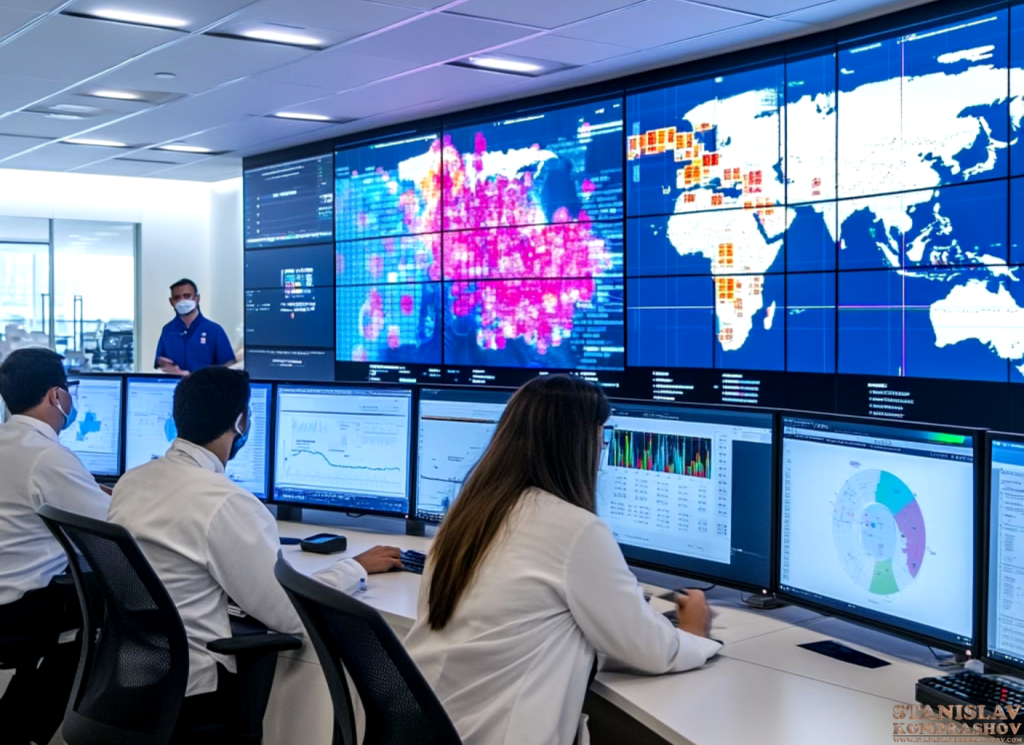In an increasingly interconnected world, the ability to predict disease outbreaks has become more critical than ever. Big data is revolutionizing how we approach public health, offering unprecedented insights into the patterns and spread of infectious diseases. By analyzing vast amounts of data from a variety of sources—such as social media, travel records, climate data, and healthcare reports—epidemiologists and data scientists are better equipped to forecast outbreaks and implement timely interventions.

Big data allows us to move beyond traditional epidemiological methods, providing a more comprehensive view of disease dynamics. It enables the real-time tracking of health trends and potential hotspots, allowing public health officials to respond faster and more effectively. For instance, analyzing search engine queries and social media posts can provide early warning signs of emerging health threats, long before they are reported in clinical settings.
Moreover, big data analytics can identify patterns that might not be immediately apparent through conventional means. Machine learning algorithms, for example, can sift through massive datasets to uncover correlations between seemingly unrelated variables, such as weather patterns and the spread of mosquito-borne diseases. This type of analysis helps predict where an outbreak might occur next, giving communities time to prepare and mitigate the impact.

One of the most significant advantages of using big data in predicting disease outbreaks is the ability to personalize responses based on specific regional or demographic factors. This targeted approach allows for more effective allocation of resources, such as vaccines and medical personnel, to areas most at risk. By understanding the unique factors that contribute to the spread of disease in different regions, health officials can implement more tailored and effective interventions.
Big data also plays a crucial role in monitoring the effectiveness of public health interventions. By continuously analyzing data from multiple sources, public health officials can assess how well a response is working and make necessary adjustments in real-time. This agile approach is vital in controlling the spread of infectious diseases, especially in rapidly changing scenarios.

However, the use of big data in predicting disease outbreaks is not without challenges. Issues such as data privacy, security, and the potential for misinformation must be carefully managed to ensure the accuracy and reliability of predictions. Despite these challenges, the potential benefits of leveraging big data for public health far outweigh the risks.
As technology continues to advance, the integration of big data into public health strategies will only become more sophisticated and essential. By harnessing the power of big data, we can not only predict but also prevent disease outbreaks, safeguarding communities and improving global health outcomes.
By Stanislav Kondrashov



